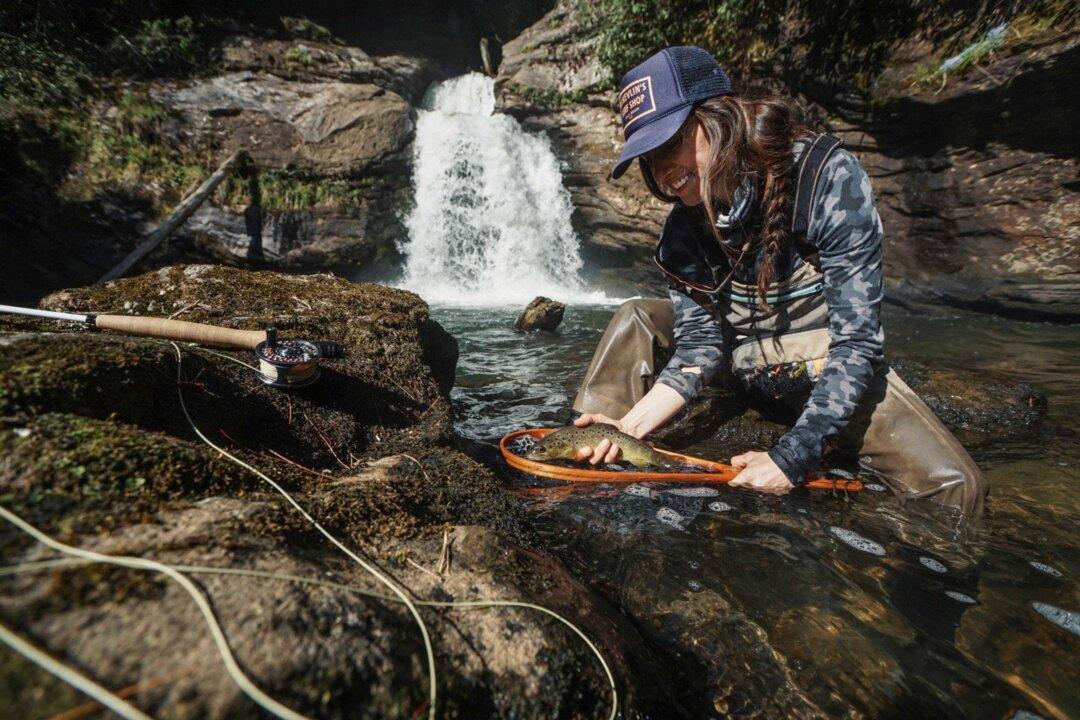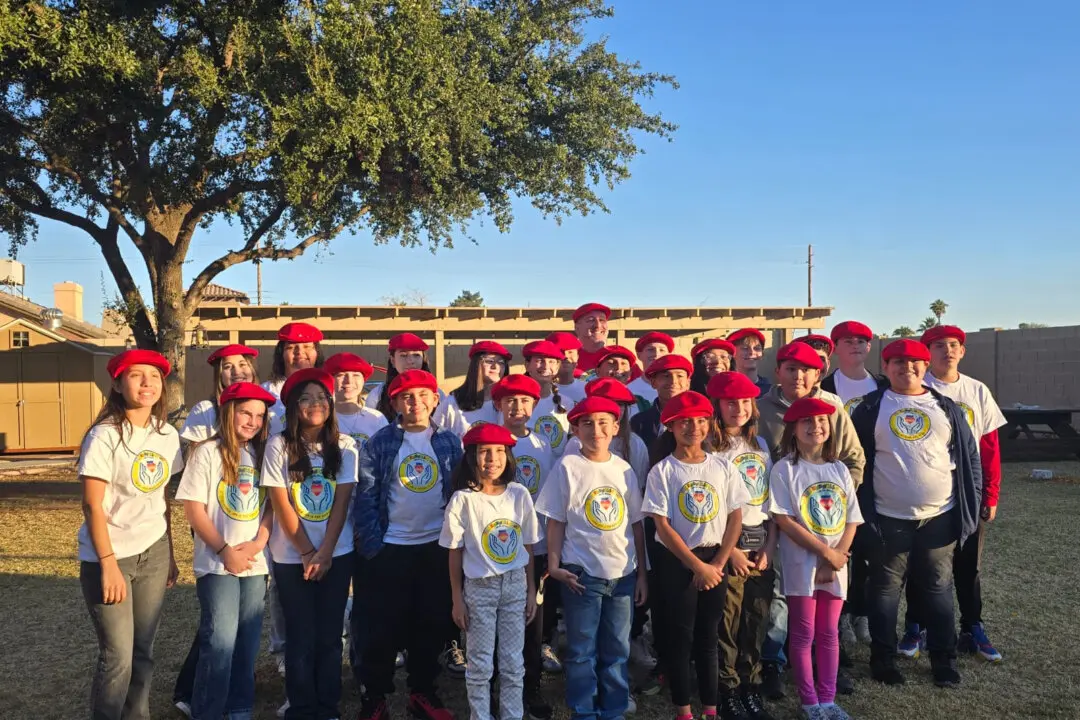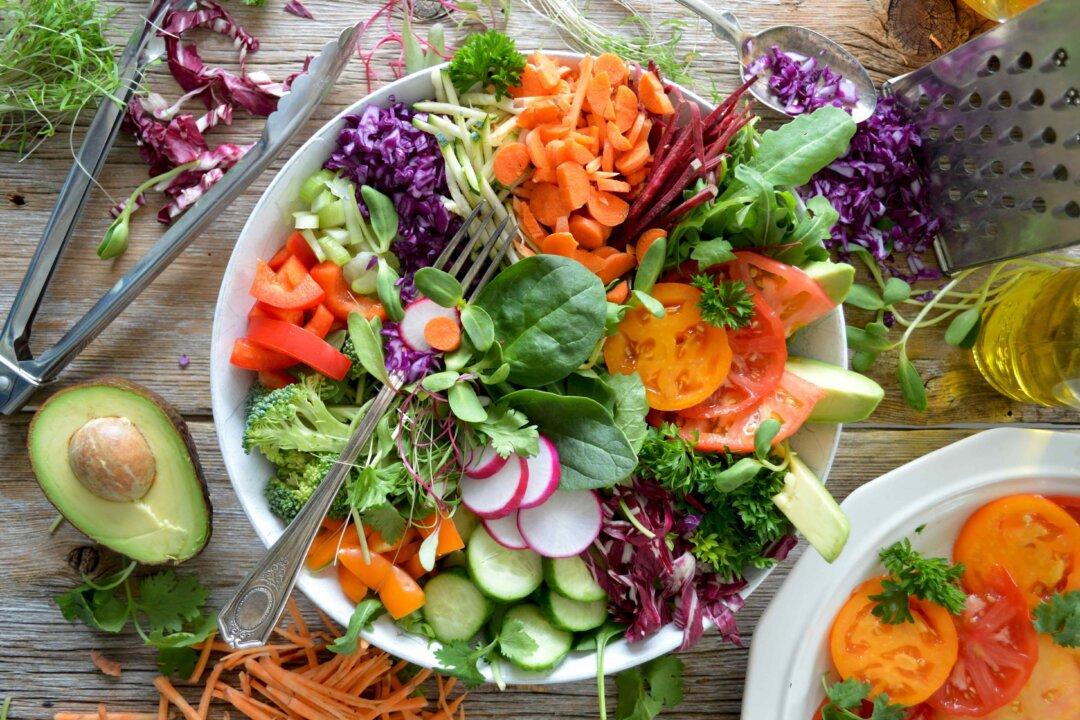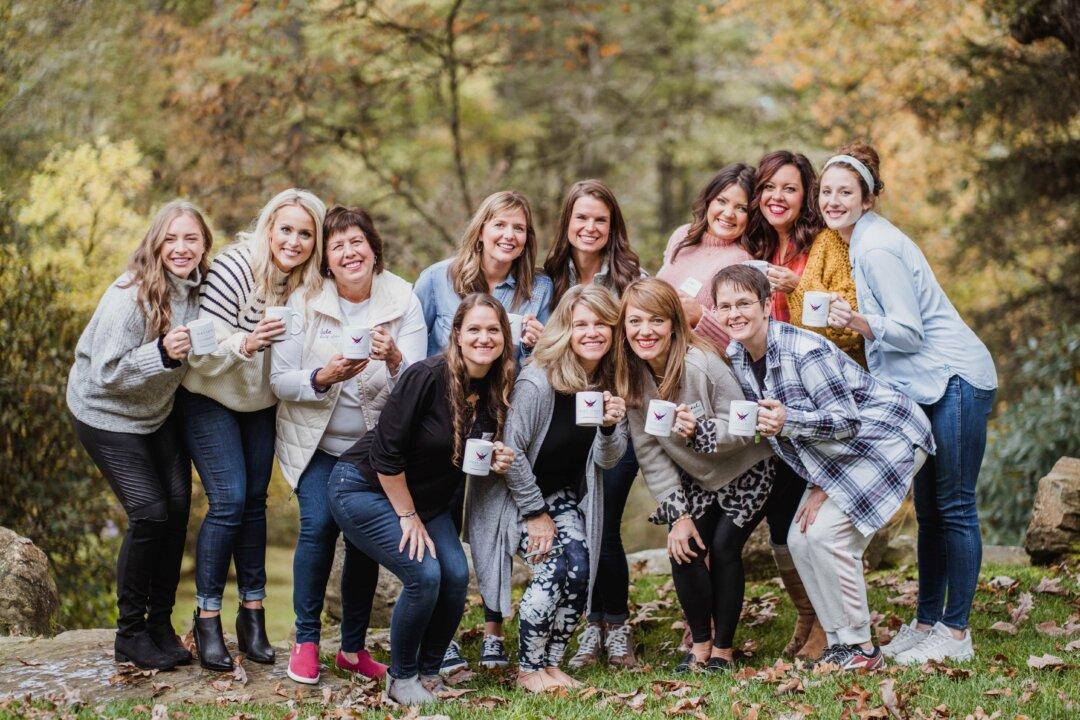“The river runs through my veins,” said Katie Cahn, self-taught fly fishing expert and active volunteer for Casting for Recovery, a nonprofit organization providing outdoor retreats to women with cancer. Cahn grew up white-water kayaking and rafting on the Chattooga River in North Carolina’s Blue Ridge Mountains. She taught herself how to fly fish when she was in her 30s. The river, the wildness, the solitude, the challenge, and the fish have given her solace and sanctuary when she needed it most. Now, she shares the healing power of fly fishing with those who are fighting against illness, loneliness, and fear.
Not a day goes by when Cahn doesn’t wake up knowing she could be afraid. Instead, she says to herself, over and over, “Today, I am alive. Today, I will live.” Fly fishing takes perseverance, determination, patience, and loving care—and Cahn brings these lessons to her life. She knows how the women at Casting for Recovery might be feeling because she has felt it herself.
At age 36 and deeply in love with her husband, Cahn was diagnosed with cancer only three weeks after their wedding day. Just 14 hours after the diagnosis, her left kidney was removed. Almost immediately, she shot down a spiral of fear and severe depression. She learned, nine weeks after the first surgery, that another one was necessary to remove a large mass on her ovary. “I was so scared. I didn’t know how to deal with any of it,” she said. Desperate to feel like herself again, she returned to the river—her life source—and to the fly fishing that was able to calm her heart.
A River That Heals
Cahn’s childhood was difficult. Her father left when she was 8. Her mother worked multiple jobs and was hardly ever home. Cahn struggled in grade school; having dyslexia, she had to work hard just to understand what she was reading, and there was no one to help her with homework. Growing up without a father figure, she developed a need to feel seen by every man she met. For a while in her early adulthood, she had a number of unhealthy relationships. In the middle of all this, she was always drawn to the river. “As a child, I always loved watching the fish,” she said. “I’m most at home on the banks of a river.”
Eventually, Cahn decided she wanted to become a special education teacher to help kids who struggle in school. She went to Western Carolina University when she was 30 and lived just 500 yards from the Tuckasegee River. She studied hard, put a lot of stress on herself, and ultimately did really well. However, she needed an escape. Tucked away in her closet was a fly fishing rod an old boyfriend had given her; she got it out, walked across a pasture to the river, and began trying to cast.
Before this, Cahn had done white-water kayaking for 20 years, but now she turned to fly fishing because she needed something she could do on her own. She needed solitude to allow her mind to clear: “I needed time on the river without people around me,” she said. Through trial and error and by watching YouTube videos, she learned more and more about fly fishing, and she went to the river every time she could. Eventually, she said, “I got my first fish, and it was love.”
“Fly fishing was a deep part of me before the diagnosis,” Cahn said. It made sense for her to return to it for comfort and recovery when she was struggling with fear and despair. “My experience of cancer was pretty unique,” she said. She had an asymptomatic form of kidney cancer. “Most people die from it because they catch it too late,” she explained. Shortly after her wedding, she started experiencing severe back pain, and eventually a specialist spotted the cancerous tumor on her kidney. “This is the youngest I’ve ever seen this,” she overheard him say to a nurse in the hall. “I can’t believe this,” he added.





